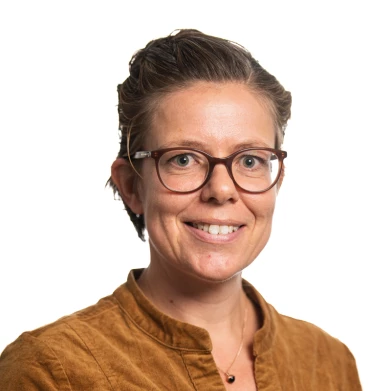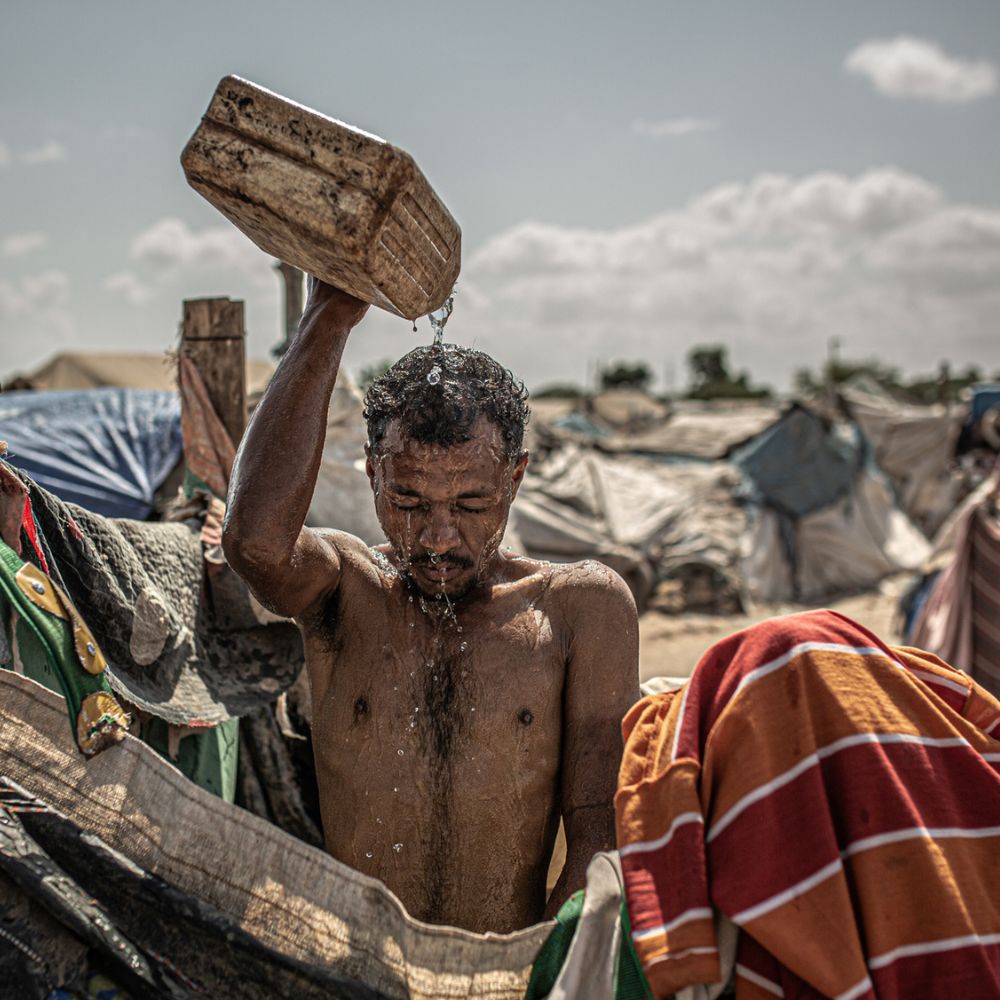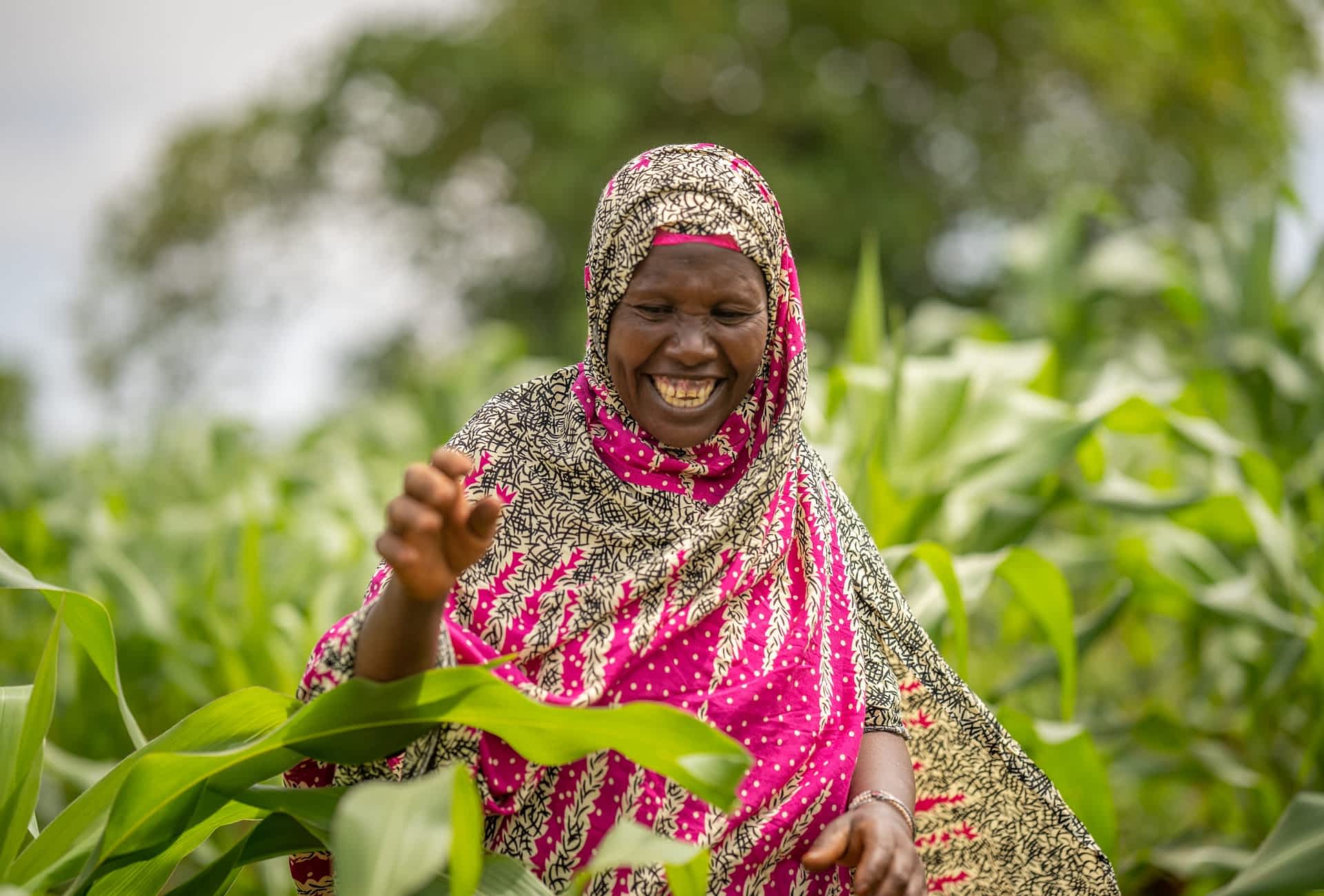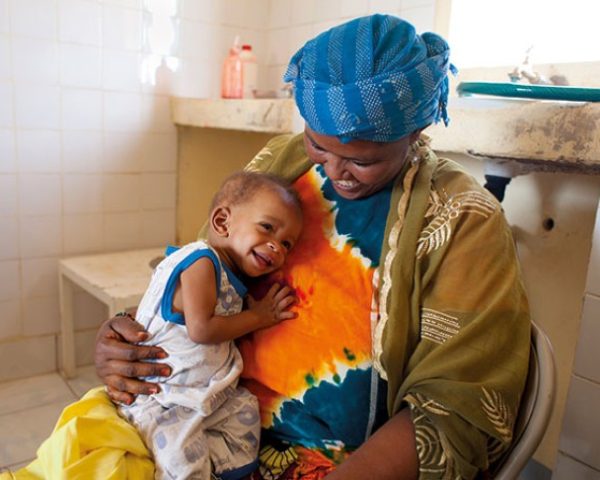Enough!
Violence is faced by women and girls across the world every day. One in three women experience some form of gender-based violence in their lifetime. Sexual and gender-based violence (SGBV) is experienced more widely among poor and marginalized women and girls, with high levels in West Africa. SGBV is particularly pervasive among women and girls in the target countries of Mali, Liberia and Ghana, with widespread harmful cultural and religious norms and practices.
The Covid-19 pandemic and high levels of conflict in the region have exacerbated SGBV rates, affecting individuals, families, and entire communities. 54% women were victims of sexual violence during the civil war in Liberia and the number of cases has remained high ever since. Domestic abuse is also commonplace with 28% of women in Ghana experiencing domestic abuse in 2015.
Recognizing the urgency of addressing this crisis, the EU funded Enough! project (2019-2023) aimed to fight SGBV in Mali, Liberia, and Ghana by addressing the root causes of violence, building the agency of women and girls to assert their rights, and engaging traditional leaders, and men and boys as allies.
The project
The Enough! Project believed that to end sexual and gender-based violence, women and girls must have an environment which enables them to know, claim and exercise their rights. In the project, a two-pronged approach was used to instigate change at all levels: providing financial support to and strengthening the capacities of civil society organisations, and mobilising communities to challenge and change harmful social norms and practices on gender. Specific focus was put on promoting positive masculinities among men and boys, and on building the agency of women and girls to take leadership positions at community or local level.
Enough! Project interventions entailed capacity building for key stakeholders, women’s groups and civil society organisations, strengthening them to influence policy implementation, make their voices heard in decision making and improve service provision to SGBV survivors.
At the same time, forums were strengthened for authorities, institutions and law makers to work together to change societal level beliefs, norms and policies on gender-based violence. Community systems for SGBV monitoring and reporting were reinforced, and community groups were supported in campaigning against SGBV.
The Enough! Project successfully established a supportive environment for advocacy and change, including strengthening of local CSOs as well as of multi-stakeholder collaboration on SGBV, and notable impacts on family dynamics and attitudes towards gender roles. Although challenges with regards to SGBV remain, the foundation set by the Enough project provides a strong basis for continued efforts to support gender equality and combat SGBV in the region.
The project was supported by the EU with 5,323,359 EUR.
Countries: Mali, Liberia and Ghana
Pia Dyrhagen
Interim International Programme Director
International Programme



